Sydney Business Insights
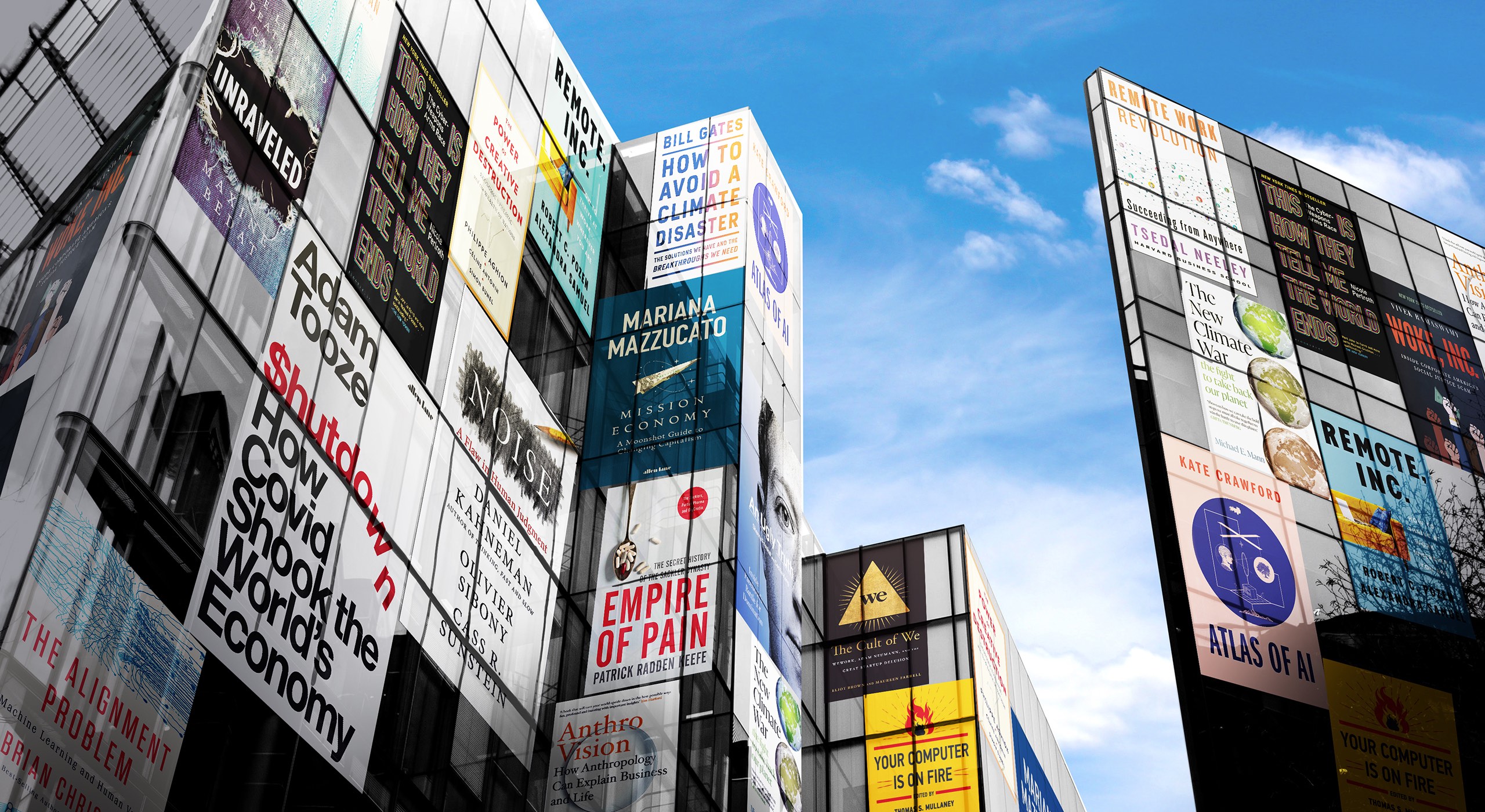
Eyes wide open, the best business books (lists) for 2021
The gifting festival is nigh and hence the Best Book Lists Season is upon us. This year, as usual, we have curated the various lists of Best Business Books and sorted them according to our (more helpful) categories.
Self-help
And as usual, this category remains the most populous. These are the books offering the One Big Idea to business leaders, managers, toilers and, in an extension of the genre, to entire corporations about how to be more successful, happier or driven.
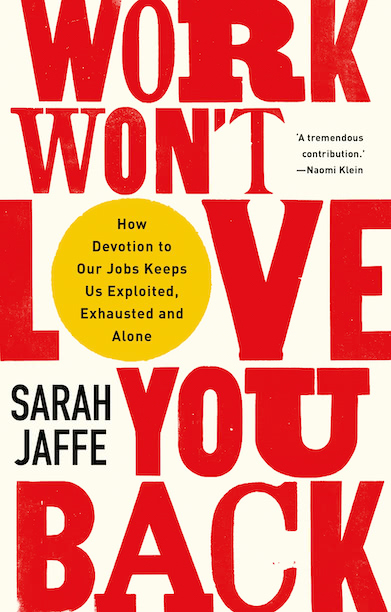
This year’s most listed self-help biz book was Work Won’t Love You Back, (Sarah Jaffe) and it’s all in the title: the passion that people put into their jobs is rarely reciprocated. This may be painful to Gen Z and Millennials raised to find fulfillment at work and Jaffe delivers the news that in this era of casual and gig work, capitalism just won’t commit.
In a similar vein, The Trouble with Passion (Erin Cech) made the Financial Times list with its warning that putting your all into work will generally lead to exploitation given the unequal nature of the relationship.
There’s the hopefully named A World Without Email (Cal Newport) about working our way back to controlling our lives one less email at a time and Excellence Now (Tom Peters, Strategy+Business list) bearing the insight that successful leaders treat people …decently, with a nod to the excellence of women as managers and urging readers to aim for excellence every day. Phew.
Pandemic survival strategy advice with a one-word title was a big lister and Toxic, (Clive Lewis, The Times list) is a guide to rebuilding respect and tolerance in a hostile workplace and how to move on if one’s workplace remains poisonous. The Conversation (Robert Livingston) says frankness about racism in an organisation can radically transform individuals and corporations with tools and guidance about how to start the dialogue.
Generalising from Unicorns
This category usually sees books that like to extrapolate the case histories of hyper successful corporations (Amazon, Facebook, Twitter) into lessons that can be applied to any of us. This category was very popular last year but perhaps the combination of the pandemic and 2021’s blows to Big Tech reputations is the reason this is one of the least storied sections in 2021. Amazon Unbound (Brad Stone) is more a corporate biography than a unicorn book.
Something toxic
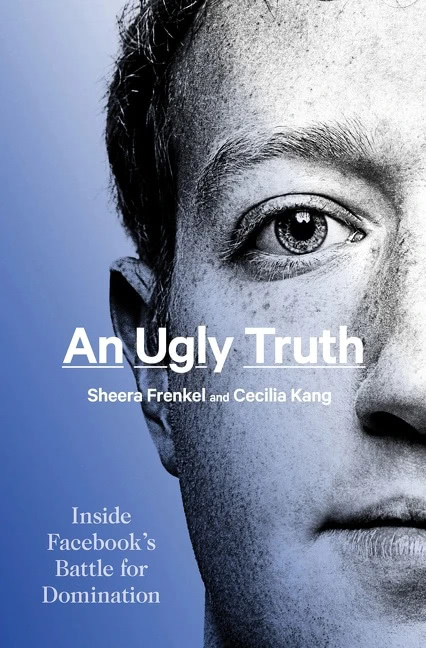
Generalising from unicorns turns sour in our new big corp category and the title of this year’s big expose of Facebook, An Ugly Truth (Sheera Frenkel, Cecilia Kang) makes it clear that the lessons will be on the negative side of the ledger. Likewise Woke Inc (Vivek Ramaswamy) and even more so Empire of Pain (Patrick Radden Keefe) are morality tales about the evil companies can do, the latter book a truly horrific look at the Oxycontin crisis created by the Sackler family in their pursuit of money at any cost.
Schadenfreude (books about failure)
Last year witnessed the billion dollar loser in the person of Adam Neumann, founder of WeWork, with the story of this particular start-up delusion explored in The Cult of We (Eliot Brown and Maureen Farrell) that has been endorsed by numerous lists including The Times, The Financial Times and CEO Magazine.
Silicon Valley Kool-Aid
A mix of techno optimism with a large dash of fearful futures, the book from the former chief business officer at Google X, Scary Smart (Mo Gawdat), is a classic of this genre. The promotional line from this tome is that by 2049 AI will be a billion times cleverer than the most intelligent humans. Just one word – No. We are also conflicted about the insights in another ‘AI is coming to get us book’, Exponential (Azeem Azhar). While falling into standard steamroller tech tropes – it does make some good points about how tech is changing society, economics and politics.
Tech broccoli (or it is kale?)
We reserve this category for books that make good and balanced points about technology in business. The insights may not rank as ‘shocking’ (see above) rather their arguments are solid and helpful.
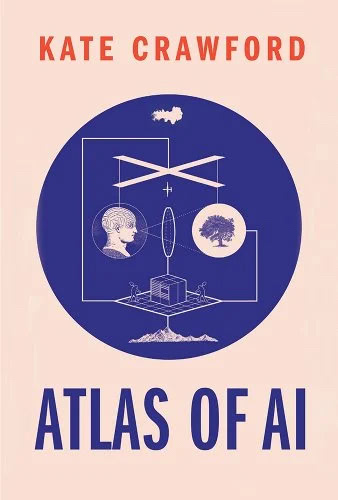
First in this category Atlas of AI (Kate Crawford) is a thorough look under the AI hood, not only what it is (and isn’t) but also offers a realistic insight into its social, political and environmental implications.
The Alignment Problem (Brian Christian) dealing with machine learning and human values was on Microsoft CEO Satya Nadella’s list. Your Computer is on Fire (Thomas Mullaney, Benjamin Peters, Mar Hicks and Kavita Philip) is pure tech broccoli: a series of essays that counter the techno utopian narratives parroted by Silicon Valley.
From its title This is How They Tell Me The World Ends (Nicole Perlroth) would seem to fit into the ‘Kool-Aid’ category, however this New York Times writer has made quite a few lists and her book is a sober reading of the dangers posed by cyber warfare and the governance risks for governments, business and households in our increasingly digitised lives.
Real eye openers
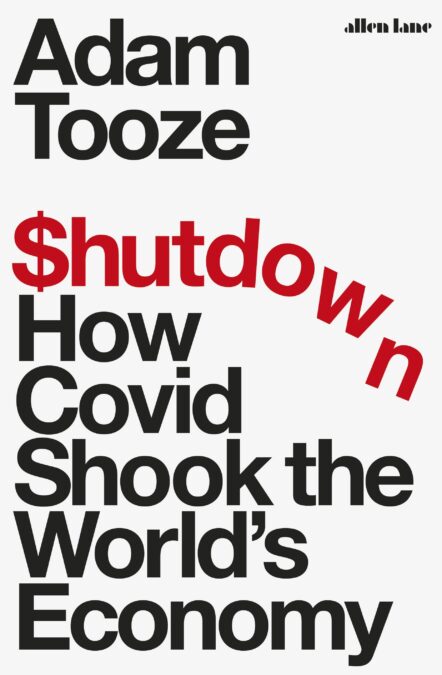
This category is reserved for books that reveal things that might already be in plain sight but whose impact awaits forensic analysis. Outstanding in this category is Shutdown (Adam Tooze) an historian who has chronicled a number of major economic crisis in previous books. This timely work is not only a look at the interplay between the health and economic crisis, it also offers tough ideas on where we should be spending money to better cope with the current crisis – and the ones to come.
Noise (Daniel Kahneman, Cass R. Sunstein, Olivier Sibony) along with Nudge, The Final Edition (Richard H. Thaler, Cass R. Sunstein) and Sludge (Cass R. Sunstein) are 2021 releases we have discussed (or will in 2022) and are excellent eye-opening listers in our book.
A final outstanding contribution to this category is Mission Economy (Mariana Mazzucato). Mazzucato, an advisor to governments and organisations across the globe, is an economist who walks the talk on rethinking how capitalism could run better, arguing that this will happen with a stronger public sector.
It’s the environment, stupid…
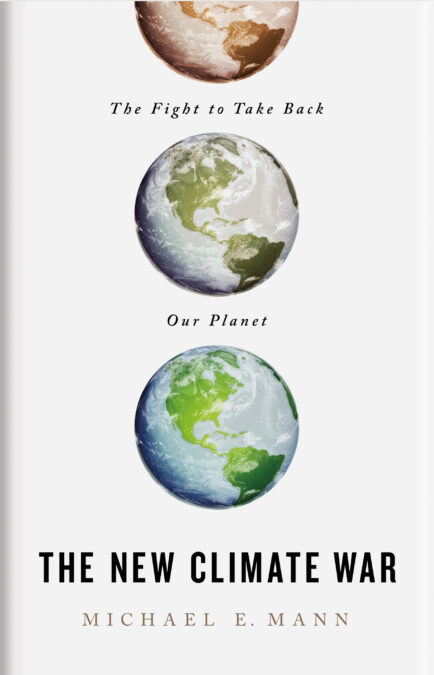
While last year there were no books on the environment on any business lists, this year The New Climate War (Michael E. Mann) made the CEO Magazine list. Unraveled (Maxine Bedat) follows a pair of jeans around the world offering a different lens on sustainability.
Pandemic makes everything different
The R word, Remote,Inc, (Robert Pozen and Alexandra Samuel) and Remote Work Revolution: Succeeding from Anywhere (Tsedal Neeley) dominated book titles in this inescapable category.
Our top picks
The best of the best that made our Christmas giving list are:
Sandra’s short list
Shutdown, Adam Tooze
Mission Economy, Marianna Mazzucato
Noise, Daniel Kahneman, Cass R. Sunstein, Olivier Sibony
Nudge, The Final Edition, Richard H. Thaler, Cass R. Sunstein
Kai’s short list
Shutdown, Adam Tooze
Your Computer is on Fire, Thomas Mullaney, et. al.
This is How They Tell Me the World Ends, Nicole Perlroth
Listen to Kai and Sandra discuss their Holiday Book List on The Future, This Week
Sydney Business Insights is a University of Sydney Business School initiative aiming to provide the business community and public, including our students, alumni and partners with a deeper understanding of major issues and trends around the future of business.
Share
We believe in open and honest access to knowledge. We use a Creative Commons Attribution NoDerivatives licence for our articles and podcasts, so you can republish them for free, online or in print.







